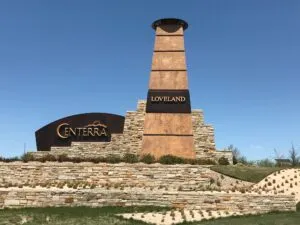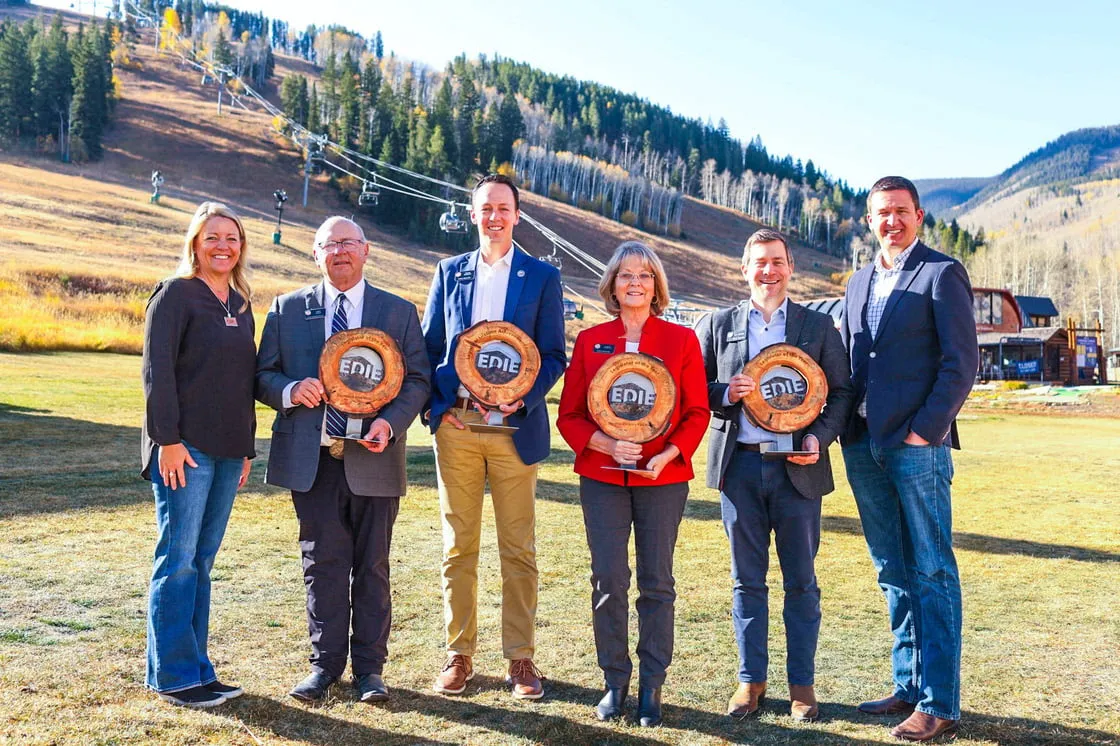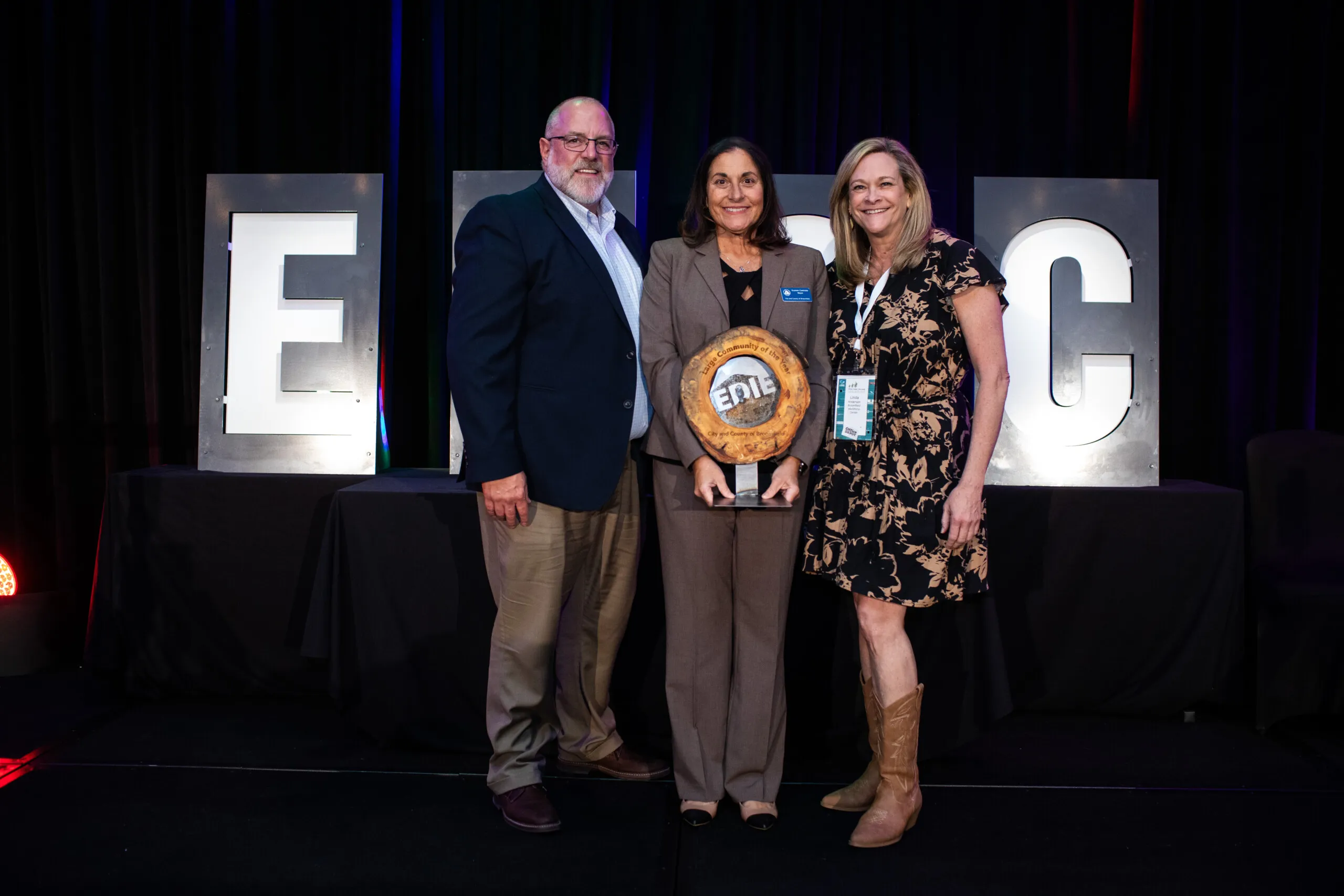Amundson: Another economic revival begins to take shape

It was 1987. My arrival as managing editor of the Loveland Reporter-Herald coincided with the earlier hiring of Mike Rock as Loveland city manager.

As longtime community members might recall, Rock’s emphasis in his early years as manager was to end the “woe is poor Loveland” attitude that was pervasive in the business community at the time.
The community tracked “retail leakage,” a measure of how much sales tax was going to places such as Fort Collins and Greeley because shopping opportunities were slim in Loveland. In fact, the only two clothing stores for men — Bud Westermann’s downtown store and Larry Ingalls’ store in Orchards Center — closed, making it impossible for men to buy professional business attire in the community. Centerra didn’t yet exist. Neither did Kohls or any of the other more recent entrants to the retail sector.
SPONSORED CONTENT
Economic development was handled as an offshoot of the Loveland Chamber of Commerce. And it was best described as anemic.
Rock began to push for a more robust economic-development program that would provide additional sales-tax revenue for the community and more primary jobs. The editorial board of the Reporter-Herald, the group including me who wrote the opinion pieces for the newspaper, joined the effort. I remember writing a few of those editorials.

The positions we took were not favorably received by the chamber of commerce executive at the time. In fact, my application for participation in the 1988 Leadership Loveland was rejected, perhaps the first time any applicant was culled from the list of that chamber program.
Ultimately, the chamber’s economic-development effort was stripped away and a new program established that had the support of many business leaders as well as city government.
Among the key considerations: Economic-development efforts were thought to be best when not financed by the government or subject to political whims but instead financed as an outgrowth of the business community. And perhaps as a point of argument, those behind the creation of a new entity, including the newspaper, thought that chamber programs at the time tended to protect existing businesses from potentially competing businesses that might seek entry into the local market. All these years later, I’m not sure that’s actually true, but we thought so at the time.
In any case, the idea of having economic development unbeholden to the government was a key component of the program that was created.

The program was well respected for several years when regionalism began to take hold. The Loveland program and the Fort Collins program merged, with leadership at the time from Loveland.
Fast forward several years, and regionalism took the form of the Northern Colorado Economic Development Corp., and then the Northern Colorado Economic Alliance, with multiple communities on board that effort. That morphed into the One NoCo, a 501(c)6 corporation, that wanted to establish one umbrella for economic development in both Larimer and Weld counties. National site selectors for industry told BizWest and local leaders multiple times that they saw Northern Colorado as one economic region; they didn’t want to deal with multiple agencies when considering locations for industry expansion.
Even though One NoCo, which disbanded this week, was led by a prominent Weld County business leader who strongly supported the original premise that private entities, not government, should take ownership of economic-development efforts, the preeminent agency in Weld County continued to be government-supported Upstate Colorado Economic Development. Upstate, while supported by private industry, also has significant participation from Weld County government and city governments in the county, including multiple board seats held by commissioners and city council members.
But who can argue with Upstate’s success? Under the leadership of its CEO, Rich Werner, the organization has provided a regional entity that has attracted numerous industries while keeping the vision of Northern Colorado — not just Weld County — in mind.
Werner, along with the local government economic-development directors from regional cities, Larimer County and the chambers of commerce in the region have now joined forces in a loosely knit group called REDI, or Northern Colorado Regional Economic Development Initiative. They’ve committed to work collaboratively, to prepare marketing materials and data banks of information that all can use and that will represent the region as a single economic entity.
In a way, things have come full circle, but this time, the commitment to collaboration is stronger than ever, as witnessed by the work of the REDI group during the pandemic.
I’m interested in seeing how it’ll bring about Northern Colorado’s next economic chapter.
Ken Amundson is managing editor of BizWest. He can be reached at kamundson@bizwest.com.
It was 1987. My arrival as managing editor of the Loveland Reporter-Herald coincided with the earlier hiring of Mike Rock as Loveland city manager.

As longtime community members might recall, Rock’s emphasis in his early years as manager was to end the “woe is poor Loveland” attitude that was pervasive in the business community at the time.
The community tracked “retail leakage,” a measure of how much sales tax was going to places such as Fort Collins and Greeley because shopping opportunities were slim in Loveland. In fact, the only two clothing…





